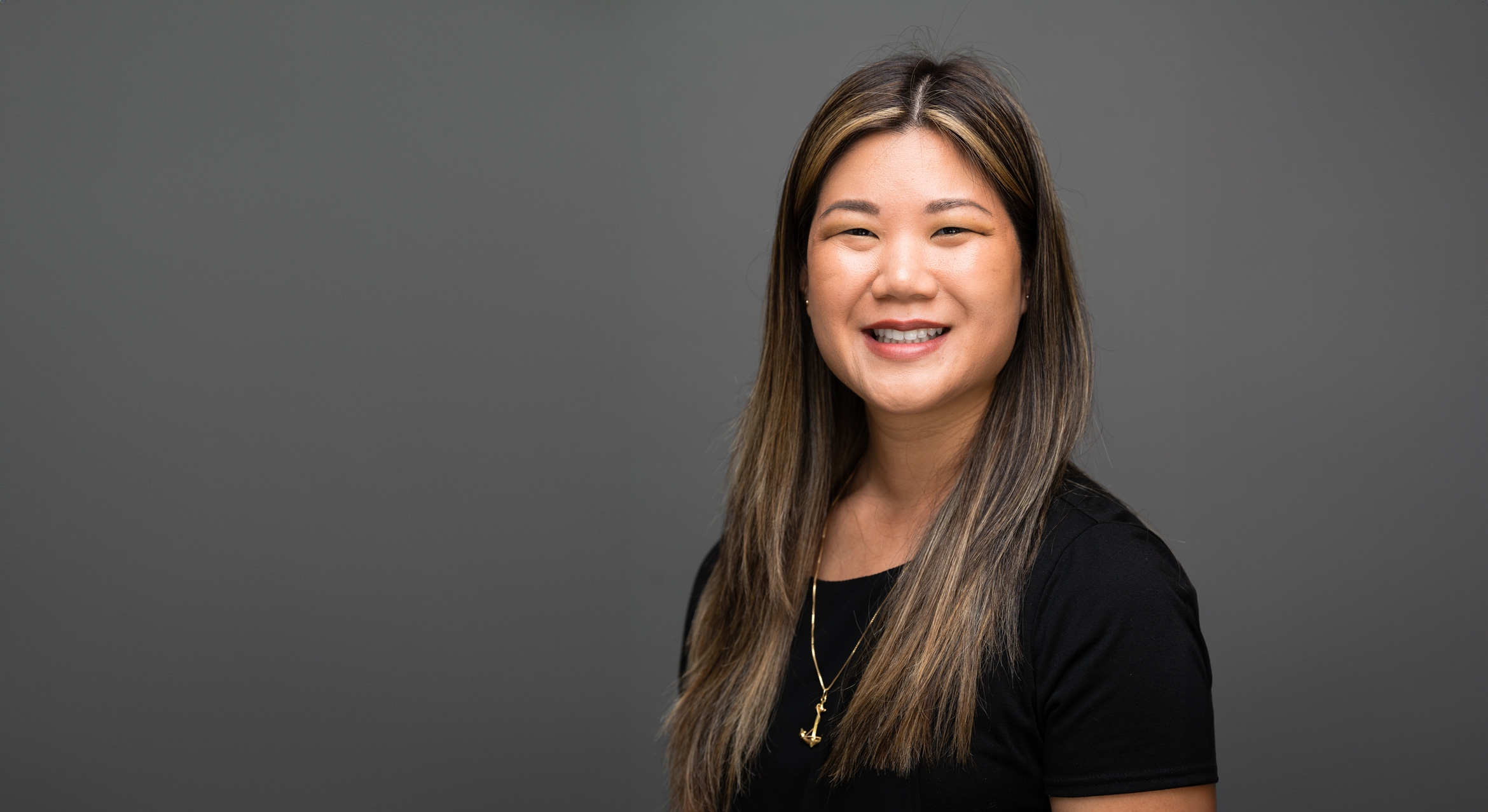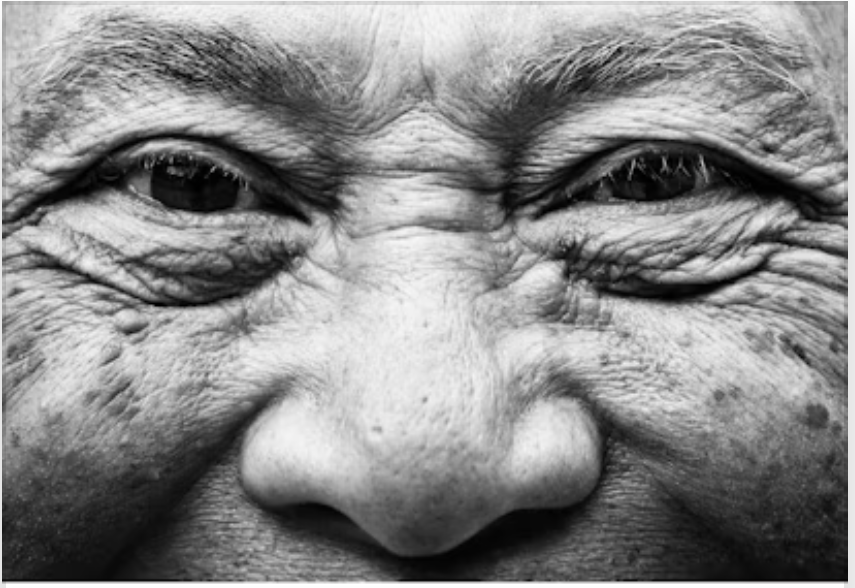
A career helping mothers and babies was all Kristine Chua ever wanted. When she was a kid, she thought she’d channel that interest into becoming a doctor. But it turned out she was squeamish around blood. Fortunately, she found a new avenue for pursuing her dream: research.
Today, Chua is a postdoctoral fellow in biological anthropology at UC Santa Barbara, where she is examining how biology and social environments interact to affect pregnancy. What’s more, for her early career work to help mothers and babies, she has been recognized as a STAT Wunderkind.
Aiming to celebrate unheralded heroes of science and medicine, STAT, a news site that reports on cross-cutting work from academia, health and medicine, annually selects early career scientists and clinicians for its Wunderkind Award. Chua is among 28 honorees for 2023.
“Broadly, my work centers on understanding human pregnancy and maternal-fetal stress biology in populations experiencing social and health inequalities among pregnant and non-pregnant Filipina and Filipina American women,” said Chua. “I also examine the role cultural practices play in shaping health norms.”
She herself is a second-generation Filipina American woman born in the United States with cultural ties to the Filipina community. This puts her in a unique position to bring background knowledge to studying socio-cultural systems and biological processes that shape stress during the life course. “However, I also acknowledge my privilege,” she added, “one afforded to me by virtue of my citizenship and academic standing, which is unlike that of my study participants.”
For her research, Chua wanted to work in her own community in the Philippines. There, she surveyed women about their pregnancy experiences, how they felt about the socio-political environment and also gathered biological samples to triangulate how these experiences impacted their pregnancy outcomes. Her research promotes Filipina voices, “as their stories have heretofore been lost to hegemonic narratives that perpetuate the model minority myth, reinforce gendered stereotypes, and treat Asian Americans as a monolithic group,” she adds.
“A lot of it is just me-search,” she said. “I didn’t see a lot of research being done in this specific community.”
Chua has also looked at how the mental health of pregnant Latina women is affected by the attitudes of their neighbors.
Her current postdoctoral research, which she is conducting with Amy Boddy, an associate professor of integrative anthropological sciences, studies the cross talk between the transfer of maternal/fetal cells (microchimerism), maternal immune tolerance and pregnancy outcomes in a community facing high income inequality.
“Kristine’s taking a project that’s quite complex and even adding another really important layer by putting it into the context of social human work,” Boddy told STAT about Chua. “You don’t find a lot of people out there who can really speak to both sides, when it comes to biology and the cultural determinants of certain factors. Kristine is right on the cutting edge of the field because she has expertise in both.”
Debra Herrick
Associate Editorial Director
(805) 893-2191
debraherrick@ucsb.edu



